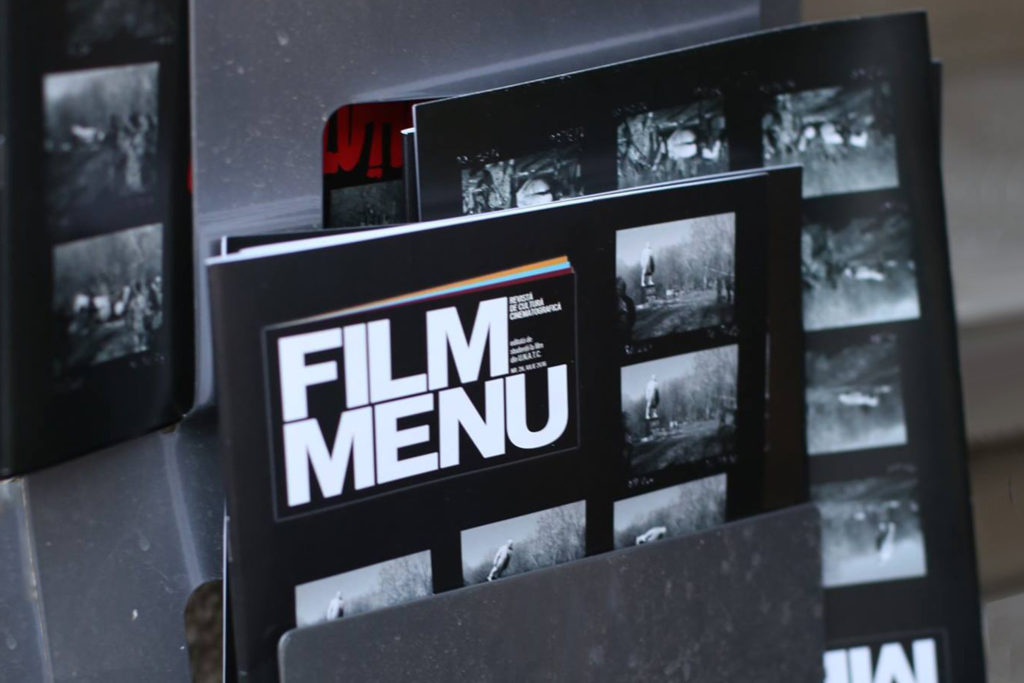The university library has reopened for lending books after the lockdown. If you’re inclined to spending your social distancing time reading, we have a few film-related recommendations below that you can find on the library shelves. While the library space is still closed until fall, students and university employees can check out books on their library card.
It is important to know that you can look up titles in the online catalogue and that they are not limited to periodicals and Film Studies books but include classic film scripts edited as volumes or memoirs of notable filmmakers.

Red Velvet Seat is an archaeological endeavor meant to uncover and contextualized writings on cinema from the first half of the 20th century belonging to women – by authors as varied as “Virginia Woolf, Colette, Rebecca West, psychoanalysts, poets, social reformers, labor organizers, film editors, screen beauties, and race activists”. Despite Jean-Luc Godard’s adage that cinematic art is the history of men filming women, it seems that this perspective stems from an archiving problem and that things are, in fact, more complex.

If you’ve ever seen a Stan Brakhage film, you probably didn’t assume that there is anyone who might unequivocally explain him. Whether that is true or not, Sitney got as close as possible. Submitting the masterpieces of the American avant-garde film to style analysis and interpretation, the monumentally important (and hefty) volume will make you wonder why you did not immerse yourself deeper, as well as sooner, in the heterogeneous ocean of non-narrative cinema.

Press attaché turned critic and filmmaker, Bertrand Tavernier established himself as a cinephile and stuck to the label throughout his long career. Without faithfully adhering to the principles of French auteurists who espoused Hollywood cinema for hiding, among the ranks of entertainment, genuine works of art, Tavernier nonetheless has the same openness toward studio-produced film. Whether the directors highlighted by Tavernier are among the auteurists’ idols (Jacques Tourneur, John Ford, Edgar Ulmer) or he pushes against the auteurist pantheon to support them (it is the case of John Huston and Elia Kazan, for example, who never earned a good name in Cahiers du Cinéma), the curatorial attention bestowed upon them is priceless.

